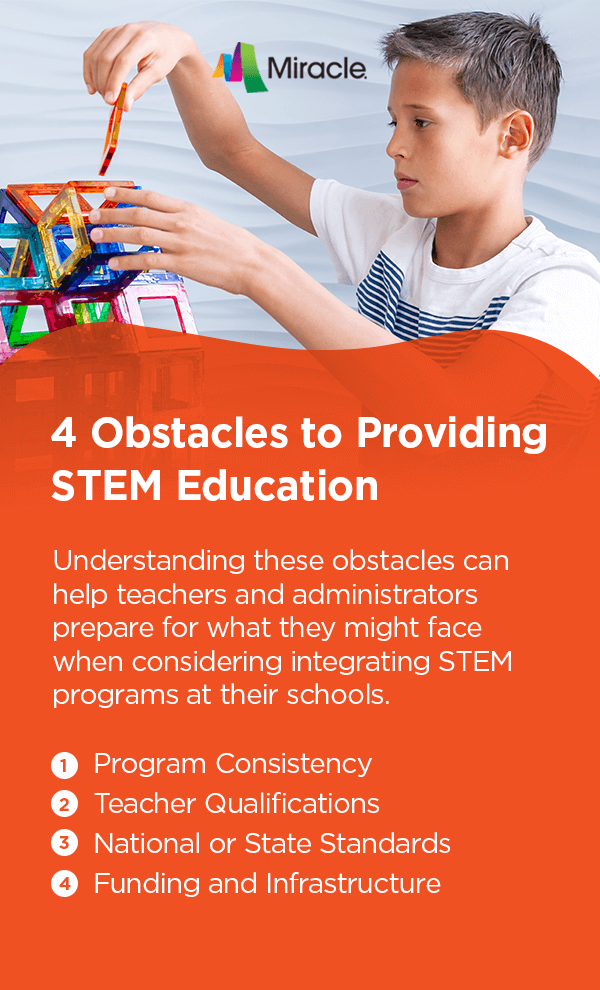The Curated News Hub
Your daily source for diverse news and insights.
STEMming the Tide: Why Everyone Should Get on Board
Dive into STEMming the Tide and discover why embracing STEM is essential for everyone's future—join the movement now!
The Importance of STEM Education in Today's World
STEM education is increasingly recognized as a crucial component in preparing students for the challenges of the modern workforce. In a world where technology is constantly evolving, knowledge in science, technology, engineering, and mathematics (STEM) has become indispensable. According to the U.S. Bureau of Labor Statistics, jobs in STEM fields are projected to grow by 8% from 2019 to 2029, significantly faster than the average for all occupations. This highlights the necessity for integrating STEM education into school curriculums to equip students with relevant skills, such as critical thinking and problem-solving, which are vital in navigating today’s complex global landscape.
Moreover, STEM education fosters innovation and creativity, encouraging students to explore new ideas and solutions. By engaging in hands-on projects and collaborative learning, students not only learn theoretical concepts but also apply them in real-world contexts, thereby enhancing their understanding and retention of knowledge. As highlighted by National Science Foundation, this emphasis on practical application helps bridge the gap between academic learning and professional readiness. Thus, investing in STEM education is essential for nurturing the next generation of innovators, leaders, and critical thinkers who will drive progress and make a positive impact on society.

How STEM Fields Drive Innovation and Economic Growth
STEM fields—which encompass Science, Technology, Engineering, and Mathematics—play a pivotal role in driving innovation and fueling economic growth. The integration of these disciplines fosters creativity and problem-solving, leading to breakthroughs in various industries. For instance, advancements in technology have spurred the development of cutting-edge products and services that revolutionize markets. Additionally, a robust STEM workforce attracts investment and promotes high-skilled job creation, which is essential for sustainable economic development.
Moreover, research indicates that companies engaged in STEM activities are more likely to produce patents and innovative solutions that contribute to overall economic prosperity. According to a report by the Brookings Institution, regions with a strong emphasis on STEM education and workforce development experience significant increases in local economic performance. By investing in STEM education and resources, governments can ensure a future where innovation thrives, thereby enhancing the global competitiveness of their economies.
What Can You Do to Support and Promote STEM Initiatives?
Supporting and promoting STEM initiatives can take many forms, from grassroots community efforts to national campaigns. Here are some impactful ways to get involved:
- Volunteer Your Time: Many organizations look for volunteers to help with STEM programs. Check out opportunities with groups like STEM Learning or local science fairs.
- Mentor Students: Offer your expertise to students interested in STEM. Mentorship has a profound impact on their educational journeys.
- Advocate for Funding: Support policies that enhance funding for STEM education at local and national levels. Write to your representatives or join campaigns by groups like AAUW.
In addition to personal involvement, you can also promote STEM initiatives in your community. Start by organizing or participating in events like:
- STEM Workshops: Host workshops that introduce children and adults to basic coding or robotics.
- Science Fairs: Encourage schools to organize science fairs, where students can showcase their projects and gain recognition.
- Online Campaigns: Use social media platforms to share information and resources about STEM opportunities. Websites like Code.org provide resources to inspire others.